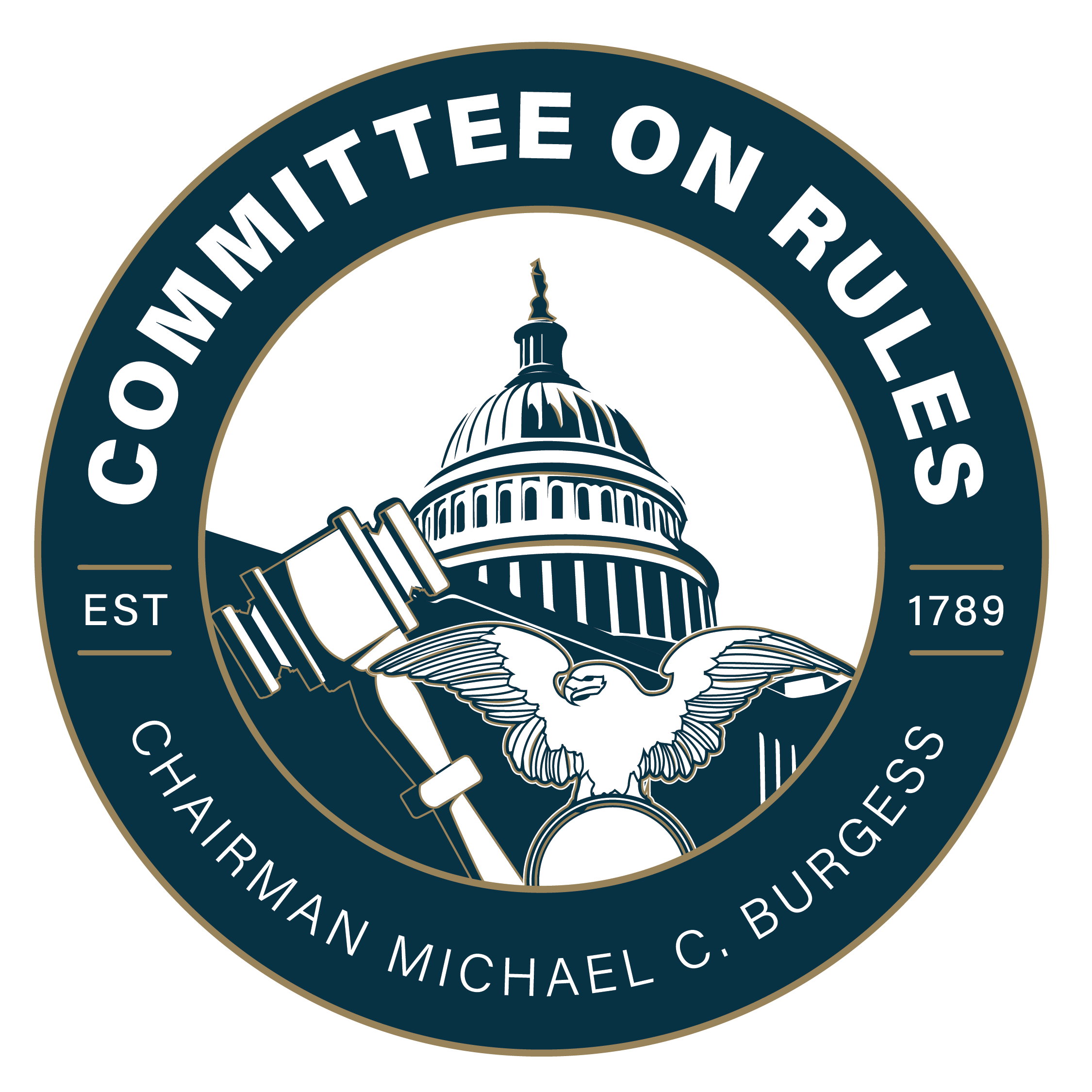As prepared for delivery:
Good morning.
Today, the Rules Committee is meeting on one of the gravest and most consequential responsibilities of the House of Representatives. We are considering House Resolution 918, authorizing an impeachment inquiry to examine the President of the United States.
It is a deeply sad day, and is an occasion I do not relish. Nor, I am sure, do any of my colleagues in the room. Nonetheless, this is a weighty responsibility, one that we all take very seriously, and we must do our duty for ourselves, for the institution, and for the nation.
We are here to determine a process—not an outcome. We are here to assert our Article I responsibilities—not to act as judge or jury. And we are here fundamentally to chart a path forward that unveils facts to the public.
Committees in the House have been engaged in investigating. As they continue to pursue transparency and accountability, we are formalizing their impeachment inquiry efforts to give the House the strongest legal standing to pursue needed information and enforce subpoenas. Allowing this chamber to be at the apex of its constitutional power is vital to our system of checks and balances.
I will briefly summarize the procedures today’s resolution establishes for the inquiry. First, it charges the Committee on Oversight and Reform, the Committee on Ways and Means, and the Committee on the Judiciary with continuing the existing inquiry.
It provides procedures for conducting hearings and calling and questioning witnesses. It grants the minority equal time to question and request witnesses.
It ensures investigating committees can prepare and transmit reports and documents to the Committee on the Judiciary, which traditionally considers impeachment.
It gives the President and his counsel opportunities to participate in proceedings before the Committee on the Judiciary.
Finally, it authorizes the Committee on the Judiciary to report to the House of Representatives resolutions, articles of impeachment, or other recommendations.
If these procedures sound familiar, they should. In preparing this draft resolution, we have followed the blueprint House Democrats followed in 2019 and have drafted this resolution to closely follow House Resolution 660 from the 116th Congress.
I know my friends in the minority will point out the obvious: House Republicans expressed concerns with this approach and did not support these procedures previously. How, then, can we support them now?
The answer is, of course, that what the then-majority Democrats did in 2019 is now a precedent of the House of Representatives. Having created this procedure in 2019, it is appropriate that we follow it in 2023.
Before I conclude, I know that today’s hearing is likely to be a heated one. This is a difficult topic, one that sparks passions on both sides. In 2019, under the leadership of my friend our ranking member, we were able to push through our markup with a minimum of rancor. I am hopeful that we will again be able to do so today.
Every person in this room is here because we care about this great nation of ours. Everyone is here because we believe we can make America a better place for all of our citizens. No one here, least of all myself, relishes meeting on this topic today. But I know that we will do our duty, difficult as today may be.
###

